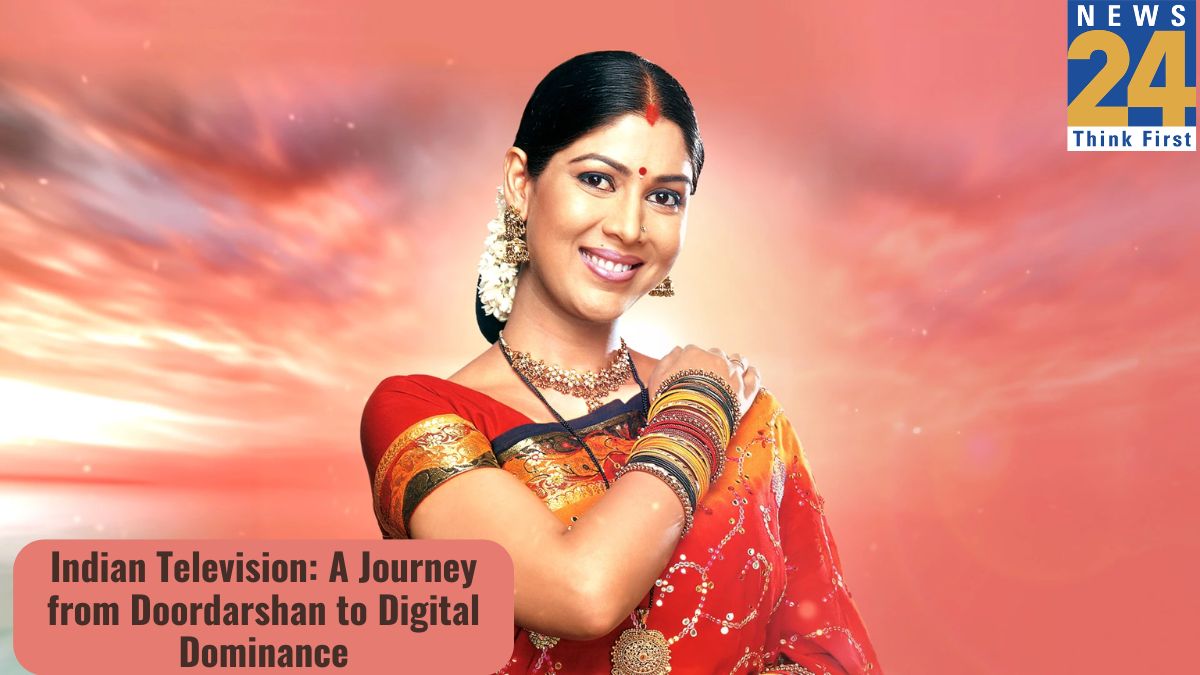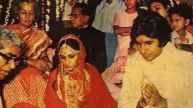Indian Television: A Journey from Doordarshan to Digital Dominance
Indian TV has gone through groundbreaking transformation ever since the technologies have been improved. The Indian TV industry, which started with state-owned Doordarshan in the early days now has seen the boom of streaming services. It depicts how the changing hopes and entertainment preferences of the country are transitioning. Let’s dig a little deeper into this journey.
The Golden Age of Saas-Bahu Sagas
From the late 90s and early 2000s, the word ‘Indian TV’ would only mean ‘saas-bahu saga’ (mother-in-law, daughter-in-law dramas). Who can forget the dominance of shows such as Kyunki Saas Bhi Kabhi Bahu Thi, and Kahaani Ghar Ghar Kii in the prime time, as they infused viewers with gripping family plots, exaggerated characters, and infinite episodes? Those programs represented traditional Indian family systems and values, showing the conflicts between tradition and modernity.
The Rise of Reality TV and Game Shows
In the early 2000s, reality TV saw a great rise, together with all sorts of reality game shows. Indian adaptations of global series like Indian Idol, Bigg Boss, and Kaun Banega Crorepati became exceptionally famous. Although television talent shows could never compare to the real extravaganza of live, large-scale performances, they nevertheless provided a platform for everyday people to display their skills, win prizes, and gain a small dose of fame. They infused a certain degree of freshness and reality to Indian television which at that point was dominated by the unrealistic and staged plots of the past narratives.
The Diversification of Content
With the increase in exposure of people to television programs, more and more sophisticated content was developed for Indian audiences. The youth-oriented, crime crushers, historical drama, and social issue-based shows also found a place side by side the popular entertainment. Channels like MTV and Star World carried international content to Indian homes and catered to the desire of a newly globalized and glamorized India.
The Boom of Web Series and Streaming Platforms
Through the digital revolution, the television landscape has experienced an in-depth transformation in India. The age of web series and OTT streaming sites like Netflix, Amazon Prime Video, and Hotstar has arrived, bringing an unseen level of variety and autonomy to viewers. These platforms brought original content with daring ideas, better production values, and breaking away from traditional censorship rules. Series like Sacred Games, Mirzapur, and Made in Heaven broke stereotypes, touched upon sensitive social topics, and transformed Indian viewership.
The Changing Viewership
The increasing popularity of web series is sparking a considerable change in the way Indians watch television nowadays. Netflix, Hulu, HBO, and other high-quality streaming websites have offered the chance to date-drive shows, request content, and watch on different devices previously. The supremacy of soapy ‘saas-bahu’ sagas is now up for grabs as broadcasters cherish a genre that reaches out to multiple segments of the audience.
Regional Content Goes Mainstream
In its turn, streaming platforms gave rise to the regional language content. Shows like Paatal Lok (Hindi), The Family Man (Hindi-Tamil), and Asur (Bengali-Hindi) got pan-India popularity, surpassing the language barrier. These shows caused the driving force of linguistic diversity and gave the glue to the storytelling traditions throughout the country.
Challenges and Opportunities
The Indian TV industry today is moving toward a pivotal point. Traditional television has many competitors brought by the digital revolution. On the other hand, this apparent crisis also opens the door for the industry to reinvent itself. The success of traditional broadcasting lies in the cooperation with streaming platforms, the creation of original content as well as new technologies for a powerful viewing experience.
Conclusion
The Indian television industry’s evolution is parallel with the growth of our nation. It is no longer a mass entertainment means only; it has changed to a dynamic and diverse platform where the choices are plentiful. The future is full of hope for even more unusual storylines, original approaches, and chances to go beyond the usual frameworks that are used in storytelling. The question is still hanging on how the industry will reconcile with the challenges of digital transformation and yet retain the viewers’ sensibilities and sensitivities.










